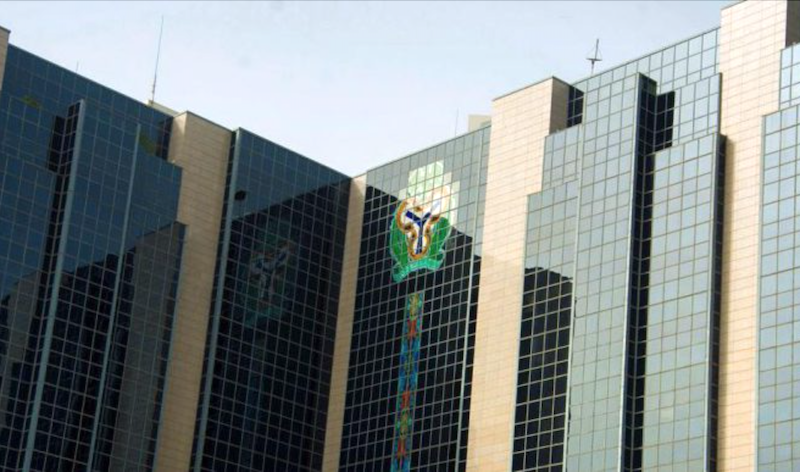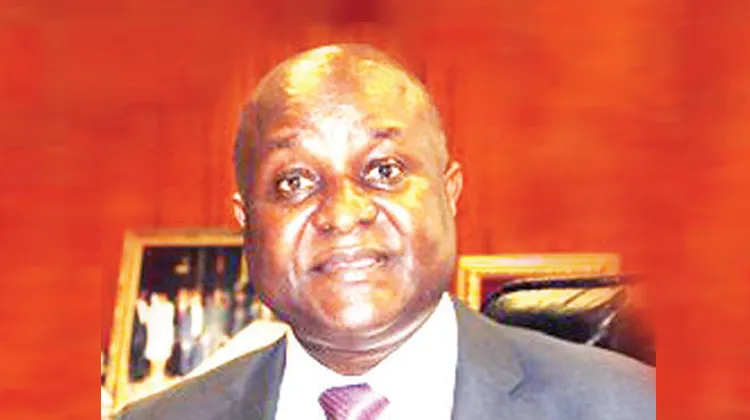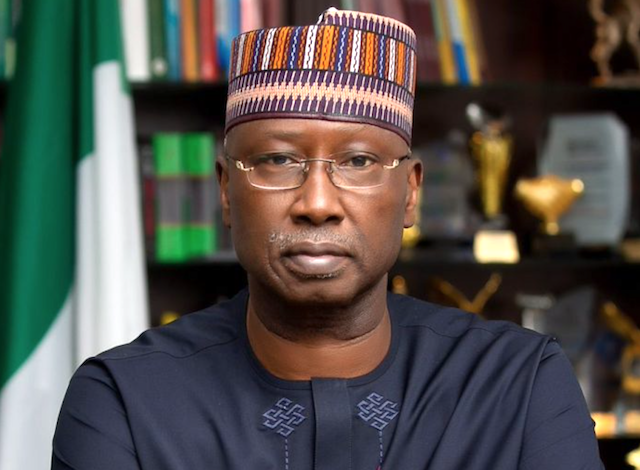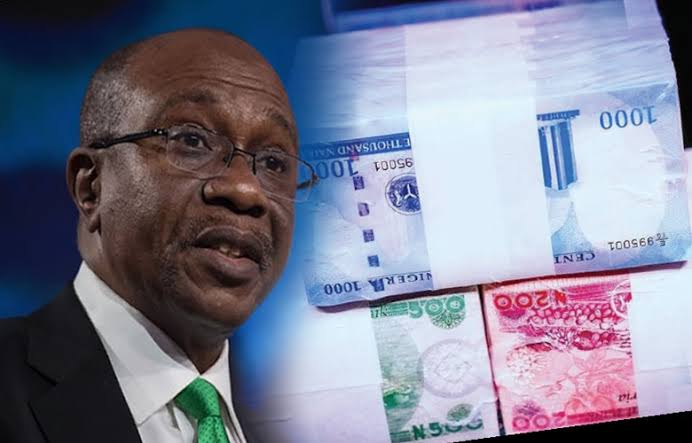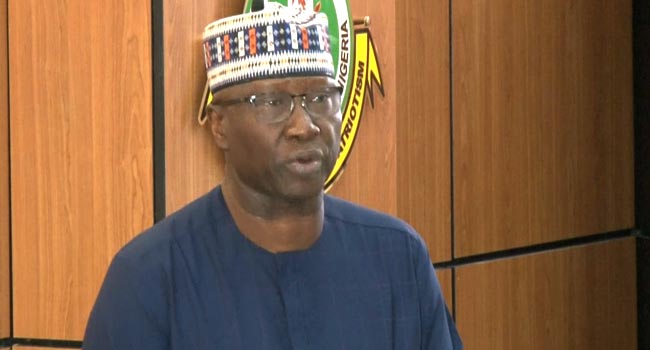The world is moving into a new financial epoch. The era of physical currency is fading, making way for the rise of a cashless society thriving on digital transactions. In a cashless world, financial inclusion is both a promise and a challenge of bridging the gap while ensuring security for all. However, we are far from a cashless economy in Third world countries. In Nigeria, cash is still King. This may result from our love relationship with cash and the poor technology adoption syndrome. The love for cash reaches a crescendo during seasonal celebrations.
Nigerians from all regions and religions love to spend extravagantly during the festive period. Such spending boosts the micro economy as well as the spirit of festivity. The digital mode of payment is yet to take root in this country and is not the natural alternative outside elite circles. This holiday season may be different. The system has been starved of cash and Nigerians face an unusual cash crunch. This scarcity of cash will no doubt have excruciating effect nationwide on both Christians and non-Christians, rural and urban dwellers.
Most transactions in the country are cash-denominated. The survival of small businesses and ease of doing business transactions in the informal sector rest on this. Transitioning to a cashless society is not just about technology; it is about reshaping our relationship with money and embracing the digital age.
We may link the root cause of the present cash crisis to ex-Central Bank of Nigeria (CBN) Governor Godwin Emefiele’s failed Naira redesign policy, which this government promised to fix. The Naira redesign policy of the first quarter of 2023 led to a booming trade in Naira notes as articles of commerce. The more scare, the higher the premium and the more profitable it became for POS operators and their collaborators in the Banks who made a kill in this nefarious business.
Unfortunately, POS business appears established like other unconventional profitable enterprises in Nigeria. POS operators shamefully rejoice in exuberance at the excruciating cash crunch that destabilises the entire cash transaction system. One year after Emefiele’s ill-thought-through policy, cash is still being rationed. ATMs do not have money. Banks are still implementing a cash withdrawal limit policy and inflation is still rising. A scarcity of cash in an economy can have several implications and impact various aspects of financial transactions, economic activities and the overall well-being of individuals.
For instance, cash scarcity may lead to declining consumer spending as people may need more access to physical currency for everyday transactions. This can result in a slowdown of economic activities and negatively impact businesses.
Secondly, small businesses that rely heavily on cash transactions may need help conducting daily operations. Cash scarcity can hinder their ability to make payments, restock inventory and manage cash flows.
Furthermore, cash scarcity may accelerate a shift towards digital transactions. While this can enhance efficiency and transparency, it may also exclude individuals unfamiliar with digital payment methods or needing access to technology.
Again, informal economies may thrive without sufficient cash whereas transactions are often conducted in cash. This can lead to challenges in tax collection, regulatory compliance and overall economic governance. In extreme cases of cash scarcity, there could be a resurgence of barter systems where goods and services are exchanged directly, thereby bypassing traditional monetary transactions.
Going further, cash scarcity may exacerbate issues of financial exclusion. Particularly in regions with limited access to banking services or where digital infrastructure is inadequate.
Cash scarcity may also disproportionately affect vulnerable populations such as older people, rural dwellers, or those without access to banking services. These groups may need help meeting their basic needs and conducting daily transactions. Some villages in Northern Nigeria are over 98% reliant on cash for transactions with little or no presence of digital transactions.
Furthest, if cash scarcity leads to financial stress for a large portion of the population, it may contribute to social unrest and dissatisfaction with the government or financial institutions. However, the cash crunch has some positive effects on the Nigerian economy. But we must note that these positive effects pale in significance compared to the detrimental effects.
Some of the positive impacts of a lack of cash in the Nigerian economy include minimising opportunities for corruption and bribery since digital transactions leave a more transparent and traceable trail, facilitating greater financial inclusion by providing easier access to banking services for individuals who were previously unbanked, making financial transactions more efficient and convenient. Ultimately, the time and effort required for both consumers and businesses to conduct financial transactions by use of digital means is reduced, with more transactions occurring electronically. Thus giving the CBN better control over monetary policy.
It is essential for policymakers to carefully manage cash scarcity to address the concerns of various stakeholders. They must ensure that measures are in place to mitigate potential negative impacts on the economy and society. The CBN, the authority responsible for money control and liquidity management, fails in this respect. CBN is attributing the situation to citizens’ panic withdrawals, hoarding and fear that CBN may phase out the old Naira notes early next year.
CBN is also accusing POS operators of colluding with Banks to starve the system of cash. These excuses, in every material sense, are untenable. It simply shows that CBN is not in firm cash management control. This is totally unacceptable. The apex banking institution ought to know that cash scarcity would have an adverse rippling effect on the already distressed economy and may last longer than the festive period. It is time we drew a curtain on the ill-fated experiment of the Naira redesign and its ripple effect and do a structured transition to a cashless system with minimal adverse impact on citizens and the economy. In implementing a cashless system, policymakers must address these challenges and ensure that the transition is inclusive, secure and beneficial for all population segments. Public awareness campaigns, robust cybersecurity measures, and infrastructure development are essential to successfully transitioning to a cashless economy.
The festive end of year is a time of heavy transaction traffic.
Cash scarcity or shortage means more frustration for Nigerians who are already on edge, shrinking economic space for market traders and service providers, loss of confidence in the economy, especially the banking system, and most importantly, citizens’ quality of life. And it would eventually lead to the shrinkage of the endangered business environment and a worsening of the economy. In the face of cash scarcity, this Christmas and New Year celebrations may lose the spirit and flavour of the season. This would add to the endless economic challenges Nigerians face.
Nigeria needs a cashless transition that is robust and fit for purpose. One that benignly softens the negative impact of the transitioning through adequate provisions that negate cash scarcity. A smooth technological push that is seamless and transparent would do. A cashless society is the future, where convenience meets digital innovation, transforming how we exchange value.
This cash crunch may ‘steal’ Christmas from many Nigerians if it continues exacerbating. The implications of this cashless festivity are multifaceted and painful in a country where many Nigerians are enduring economic difficulties and need this festivity to escape their daunting reality. To deny them this respite and add to their misery is challenging to contemplate. We must always remember that Nigeria has a significant informal economy. Moving to a cashless system may pose challenges for individuals and businesses operating in this informal sector, which relies heavily on cash transactions. There may be resistance from individuals accustomed to using cash, particularly in rural areas where assessing digital infrastructure may be limited. Time is needed for the change to a cashless society to happen.
Nigerians are not late adopters of new technology. However, in the case of financial technology, many, especially in the informal sector, are suspicious of the move to a cashless society and are hardwired to insist on the financial path they are familiar with – cash. I implore the government and CBN in particular to be proactive and innovative in solving this Naira note scarcity challenge and give Nigerians some respite.
